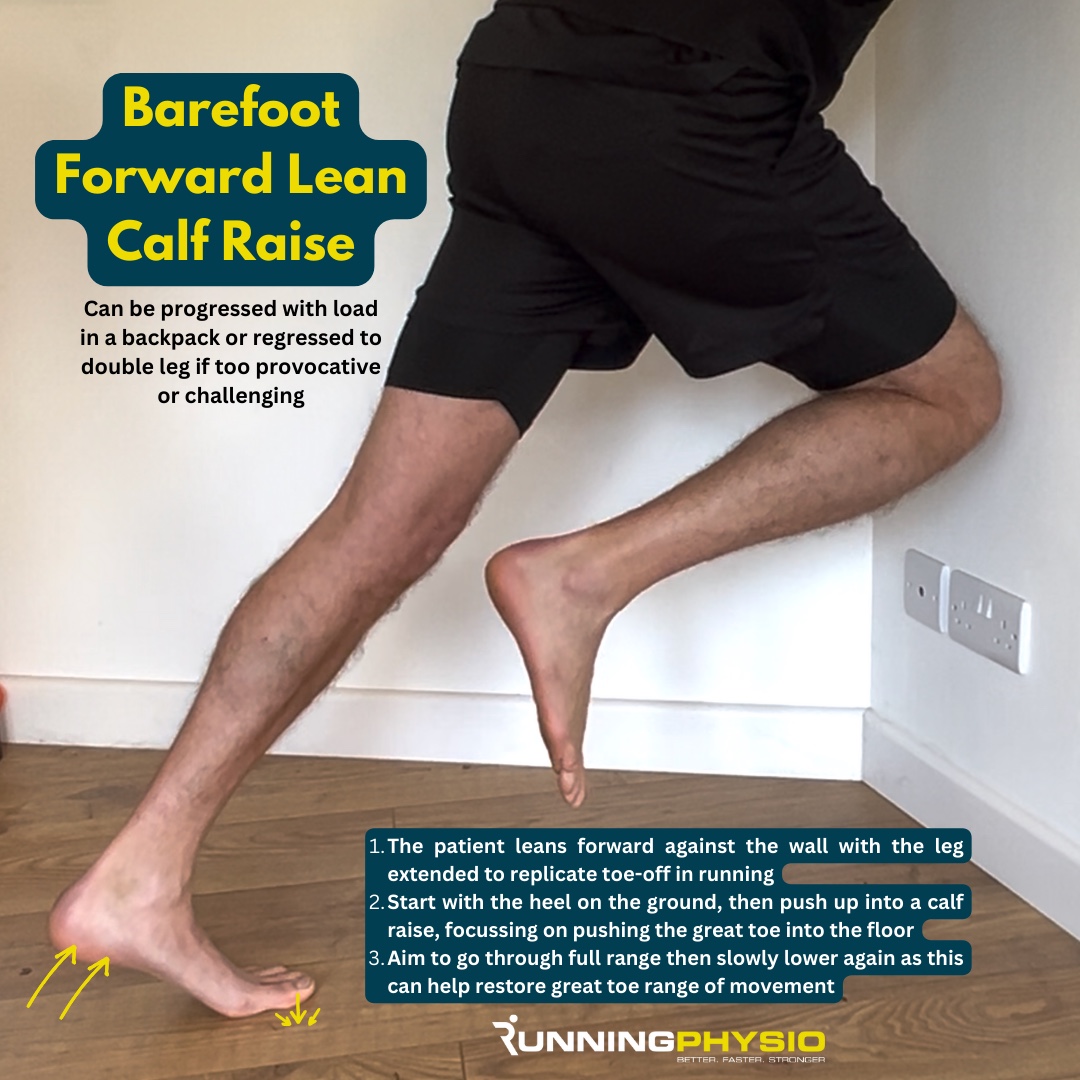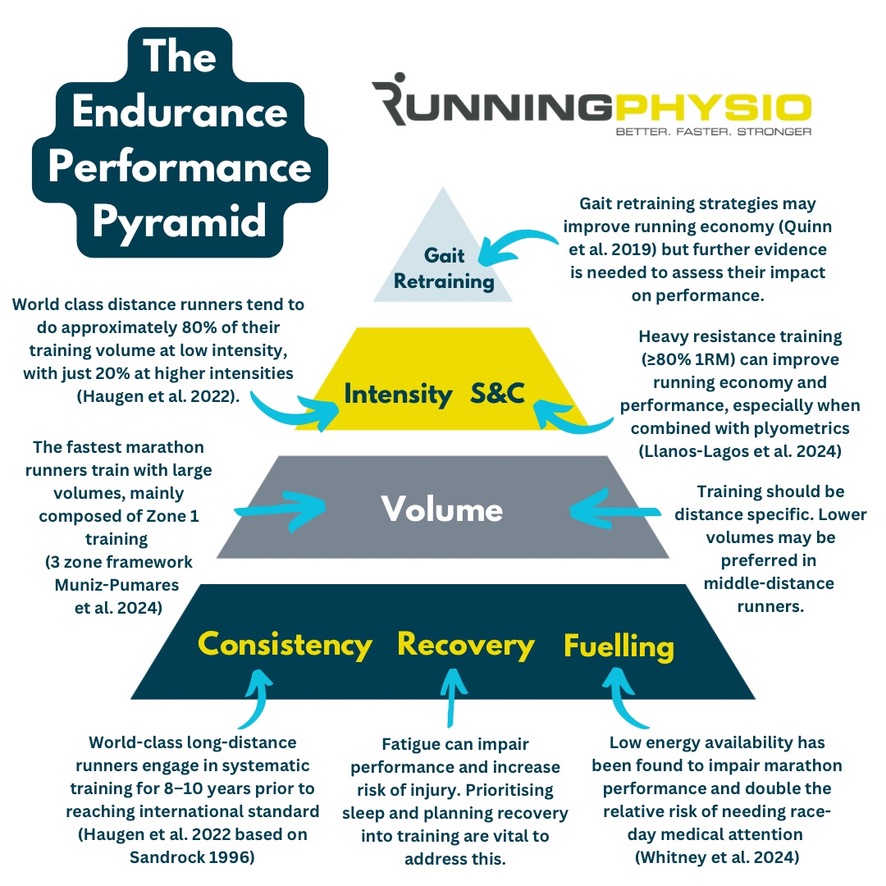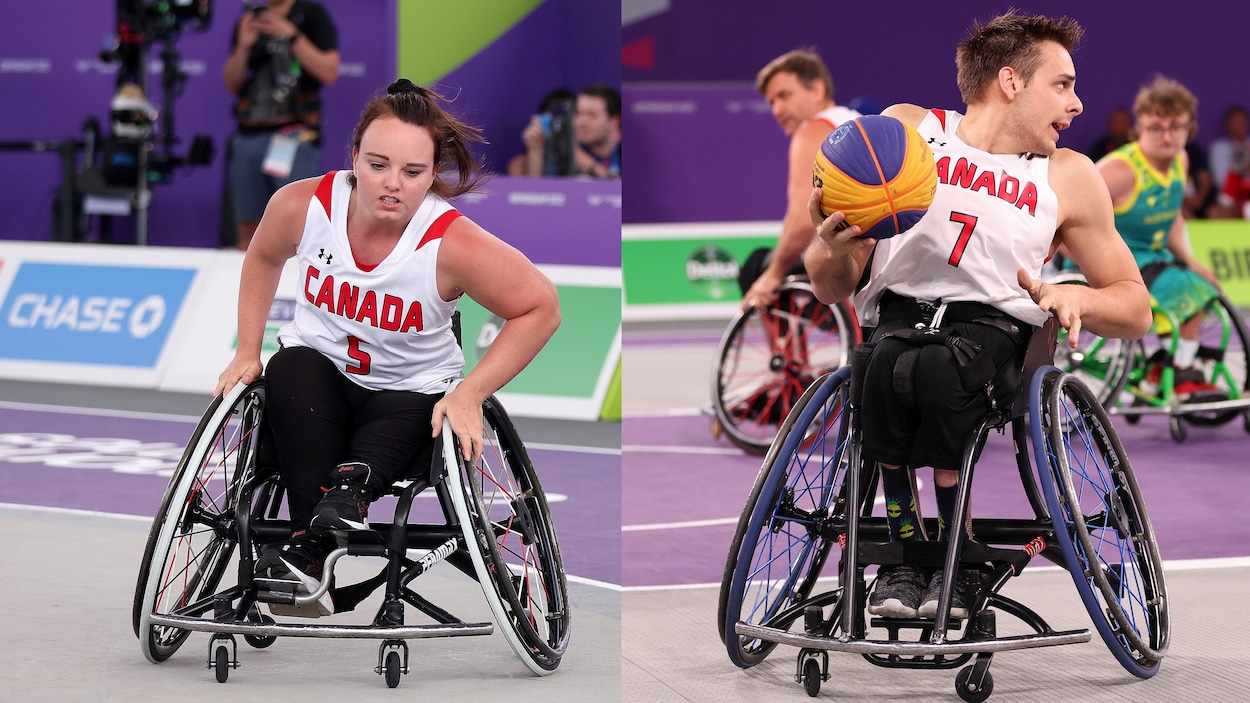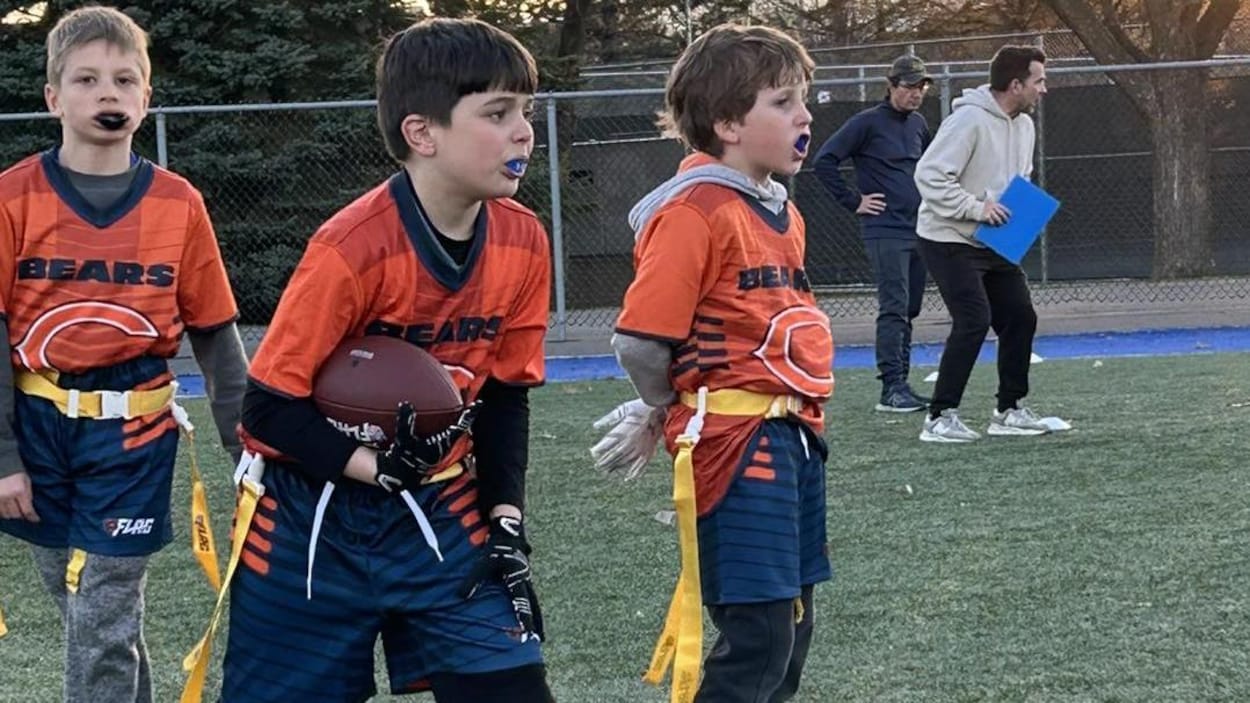PROTECT YOUR DNA WITH QUANTUM TECHNOLOGY
Orgo-Life the new way to the future Advertising by AdpathwayMove|6 Running Myths That Could Be Slowing You Down
https://www.nytimes.com/2025/08/11/well/move/running-myths.html
You have a preview view of this article while we are checking your access. When we have confirmed access, the full article content will load.
Physical therapists, coaches and other experts want to correct these common misconceptions about the sport.

Aug. 11, 2025, 5:00 a.m. ET
For such a simple sport, running can generate intense debate — and conflicting advice. And as runners get deeper into the sport and start logging more miles, it can be harder to find reliable information.
Consider the recent swing of the pendulum in running-shoe design, said Matthew Moran, a professor of exercise science at Sacred Heart University in Connecticut. In the early 2010s, minimalist running shoes were trendy, thanks in part to the best-selling book “Born to Run” and its claim that the way to stay injury-free was to avoid extra cushioning. But soon, the so-called barefoot shoe craze had fizzled out, and shoes were suddenly more thickly cushioned than ever before.
The rise of these maximalist shoes, Dr. Moran said, has led some people to believe that they are less likely to get hurt because they think they are striking the ground with less force when they run. But that’s not true, he said. And while some runners may benefit from more cushioning, it’s not clear that it can help prevent injury.
To help set the record straight on other misconceptions about the sport, we asked physical therapists, coaches and other running experts about the biggest myths they would like to debunk.
Myth 1: Distance runners don’t need to lift weights.
Many runners believe that logging more miles is always the best way to improve, said Alison McGinnis, the clinical director at Finish Line Physical Therapy in New York. But, to run faster and be more resilient to injury over the long term, Dr. McGinnis said that all runners should also strength train.
Muscle strength and tendon health are crucial for injury prevention, Ms. McGinnis said. If you run too much without building up your strength, she added, “down the line something’s going to give.”


 2 days ago
6
2 days ago
6

















 English (US) ·
English (US) ·  French (CA) ·
French (CA) ·